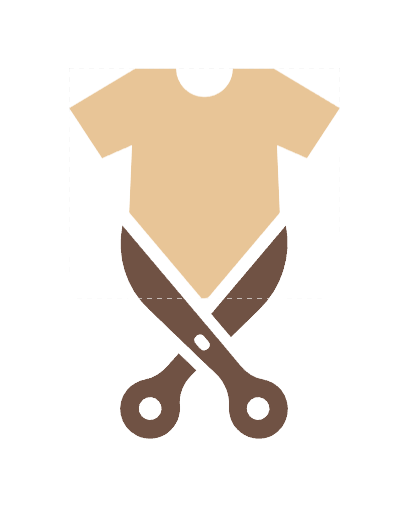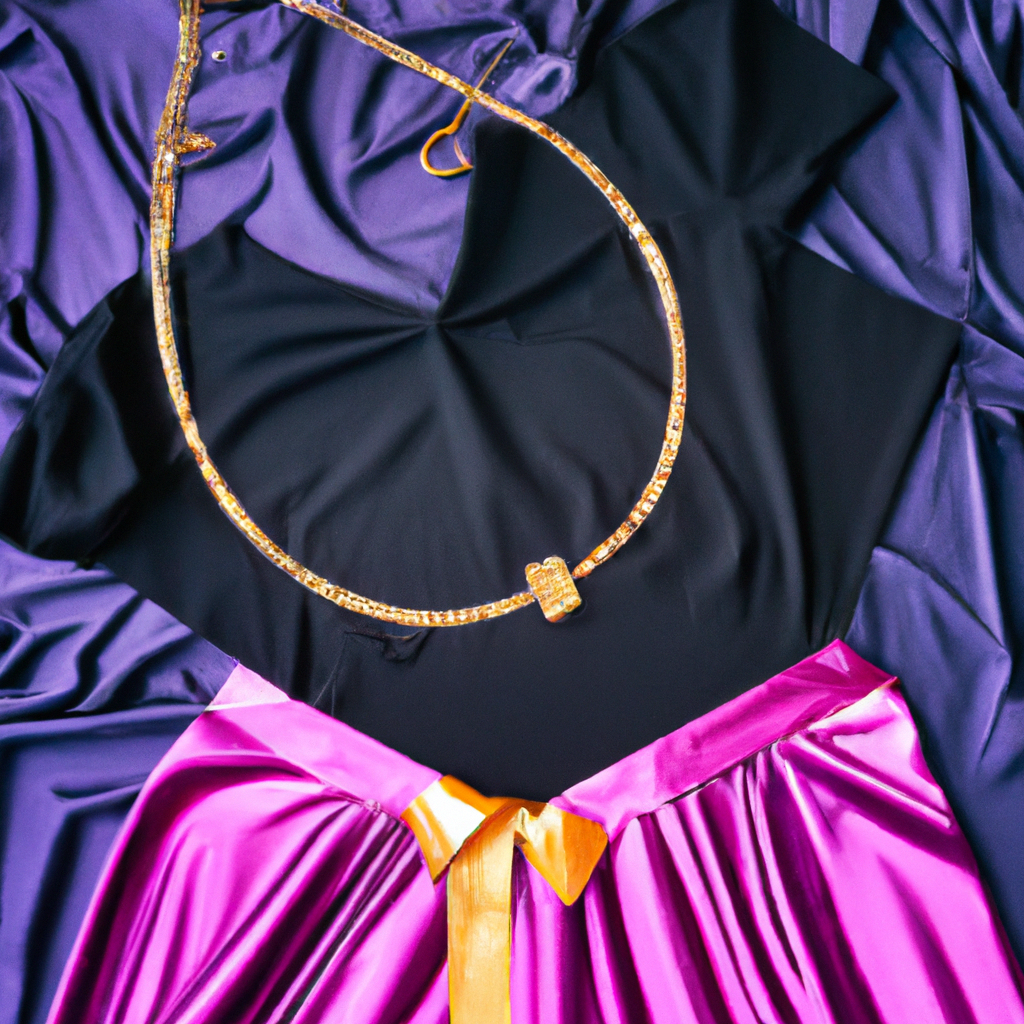Throughout history, fashion has been an integral part of evolving societies. From the emergence of power-showing clothing in ancient civilizations to the modern idea of freedom of expression in clothing, fashion has had an immense influence on culture. Taking it a step further, fashion can be credited with evoking social change by embodying the times’ shifting norms and values. This article will explore the unique connection between fashion and social change and how clothing is an insightful reflection of our changing culture.
1. Exploring the Trend: Fashion as a Marker of Social Change
Fashion has long been an invaluable tool for expression, allowing us to make a statement about our individuality and personality. But did you know that fashion is also a powerful tool for social change? By delving into the various trends and how they have evolved over the years, we can gain insight into how our society has changed and continues to change.
We can trace the influences of past movements, like the 60s hippie culture or the 90s grunge scene, in today’s fashion. Whatever is trending right now is a reflection of our current culture and values. Trends ranging from athletic and sporty to vintage and traditional are all grounded in the values of the group emerging from the trends.
- Boho chic for example, juxtaposes informal, care-free pieces with fancy fabrics and unusual accessories.
- Dad fashion combines traditional silhouettes such as loose fitting t-shirts with more casual items like joggers.
- Renaissance chic brings together classic styles with modern cuts and materials.
The way we dress is a unique avenue through which we can explore social change. Through the lens of fashion, we can untangle the complex dynamics of our culture and the evolving power it has to shape the future.
2. A Look at the Roots of Fashion and Its Relationship to Society
Throughout human history, fashion has played an integral role in serving as a vessel for culture and societal values. It has been a powerful form of expression, standing as a outward symbol of one’s beliefs and identity.
Fashion’s relationship with society is intertwined with our appreciation for beauty, desire for status and need for functionality. By examining the clothes and accessories we create, we are able to take an in-depth look into the tradions, beliefs and norms that make up the essence of a culture. Early designs were heavily rooted in spiritual symbolism, primarily representing one’s circle of influence and beliefs. Additionally, fashion was used to indicate one’s social and economic standing amongst their peers.
- Symbolic Significance: Ancient fashion served as a tribute to the gods and goddesses in an effort to ensure good harvest and luck.
- Class Significance: Upper class members were known to don elaborate garments and jewelry in a show of power and celebrity.
- Functionality : Simple garments were tailored to match the harsh environmental conditions of the time.
3. Evolving Styles: How Clothing Echoes Social Progress
The way we dress is an outward expression of the times. Over the years we have seen clothing styles come and go, reinvent themselves, or hone in-depth on a particular type of fashion. Clothes can tell the story of cultural revival, social progress, and even political movements. Some of the most iconic ensembles reflect the confidence and strength of the era.
From the wide-collared white polyester shirts of the’ 70s to the androgynous punk and grunge looks of the ’90s, clothing has the power to speak volumes and capture the spirit of the moment. Changes in culture have been mirrored in our wardrobes. Today, we see more diversity in fashion trends with attention to individual identities, as well as a greater sense of equality and acceptance. Here are a few examples of how clothing styles have been shaped by social progress:
- Workwear: Brightly coloured traditional garments once used to signify the outward mark of status have been replaced by smarter, neutral clothing. This reflects a shift in the way society views what it means to work, giving more respect to the work of everyone regardless of profession.
- Military fashion: Trends that were once found ineffective and impractical, such as camouflage, have been redefined. Such looks now represent the confidence of youth and an appreciation for fashion’s intricate details.
- Gender-inclusive fashion: More recently, androgynous pieces have become increasingly popular, offering both fashion-forward men and women the opportunity to express their individual sense of style.
Through evolving styles, we are reminded that societal values and norms are constantly changing and shifting to better support members of all communities and identities. Clothing plays a huge part in developing, celebrating, and exploring our cultural identities.
4. Making a Statement: How Social Movements Influence Modern Fashion
Fashion isn’t just about trends, it’s also a reflection of the world around us. We constantly reinvent ourselves to express our identity and show our participation in in the world around us. Social movements, therefore, have had an undeniable influence on modern fashion.
From movements such as Black Lives Matter, feminist movements, the growth of non-binary identities and more, these movements have pushed communities to create styles that reflect their beliefs. In the past few years in particular, fashion has become a channel to express values and ideas. Unconventional and comfortable styles emerged, showing the world that fashion can also mean being confident in your own skin.
- Black Lives Matter sparked a rise in apparel with slogans related to the movement. Fashion gave a way for activists and allies alike to express their solidarity.
- Feminist movements encouraged women to embolden themselves and take up more space physically with puffed sleeves and corset-style tops.
- Non-binary identities have also made waves on the runway: gender neutral fashion and androgynous styles appeared, to celebrate all kinds of identities.
The way we dress shows where we stand and what we believe in. Our clothes have become a way to make a statement in a society that is ever-quick to judge. Social movements have revolutionised the fashion industry, pioneering new styles and leaving a lasting legacy.
5. Stepping Outside the Norm: Challenging Tradition with Fashion
Fashion is an ever-changing art form. It reflects culture, trends, and the times we live in. This gives us a unique opportunity to take a stand and challenge societal norms and conventions by stepping outside the traditional fashion box. We can make a statement and show the world that there are no limits when it comes to expressing our individual style.
Embracing unique fashion trends, such as mixing different colors and styles to create an original look, can be a fun and exciting way to make a daring statement. Here are some ideas to help you get started:
- Checks and patterns: Play with bright colors, shapes, and sizes. Mix checks, stripes, stars, and other patterns to create an eye-catching look.
- Iconic items: This can range from bold statement pieces like bright neon jackets, to wearing unexpected items like a graphic tee with a formal skirt and blazer.
- Embellishments: Adding different embellishments, from beading to sequins or colorful feathers, can help you stand out from the crowd.
- Glitz and glamour: Adding a touch of sparkle to an outfit can be a great way to create a glamorous look.
It can be empowering and liberating to step outside the fashion norms, forever changing the way we view and wear our clothes. With a little creativity, you can create and express your unique style.
6. Dressing for the Future: A Look at the Social Impact of Clothing
Fashion has the potential to influence how we think, feel, and interact with others around us. By looking at the various ways it can impact our lives, we can begin to understand why dressing for the future is so important.
- It Can Make an Impression. The clothing we choose to wear can have a very real effect on how we’re viewed. Wearing the right attire can influence the impression we make on people, and thus can influence our success in various aspects of life, such as work or education.
- It Can Inspire Confidence. Clothing can be an essential part of feeling confident and comfortable in our own skin. As we express ourselves through the clothes we wear, it can leave us feeling more secure, empowered, and ready to take on the world.
By taking the time to think about what we’re wearing as we move forward in life, we can make sure to create an image for ourselves that is fitting for wherever we are headed. Wearing something different to any given situation can help us look and feel our best, whatever the occasion may be.
Fashion has always been and will continue to be intricately connected to social and cultural changes. Whether it’s a protest message or simply changes in style trends, fashion embodies the zeitgeist of any era, has the means to start conversations and can be an effective platform for social justice. Regardless of how small or grand, fashion plays a novel and powerful role in cultivating positive changes.





